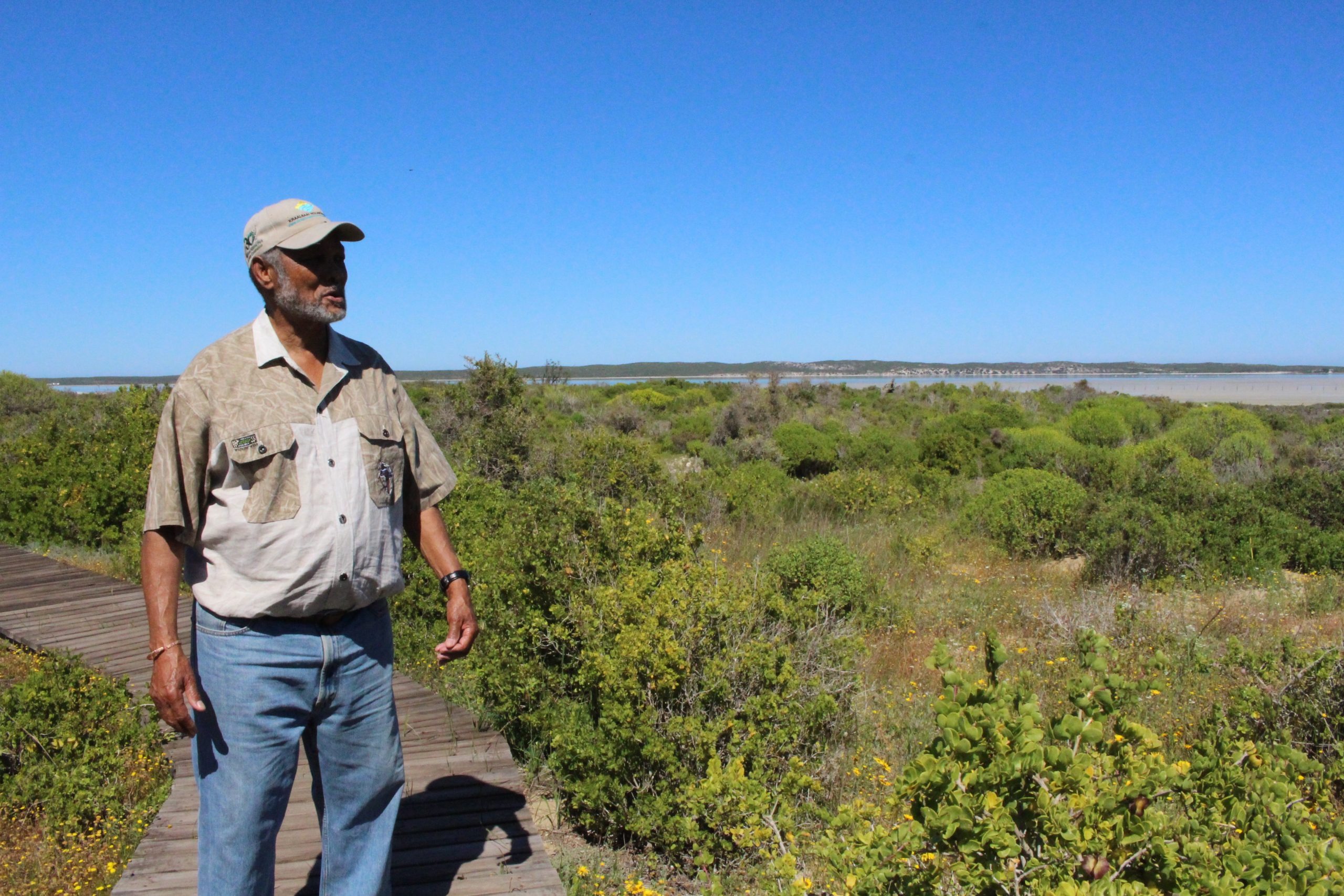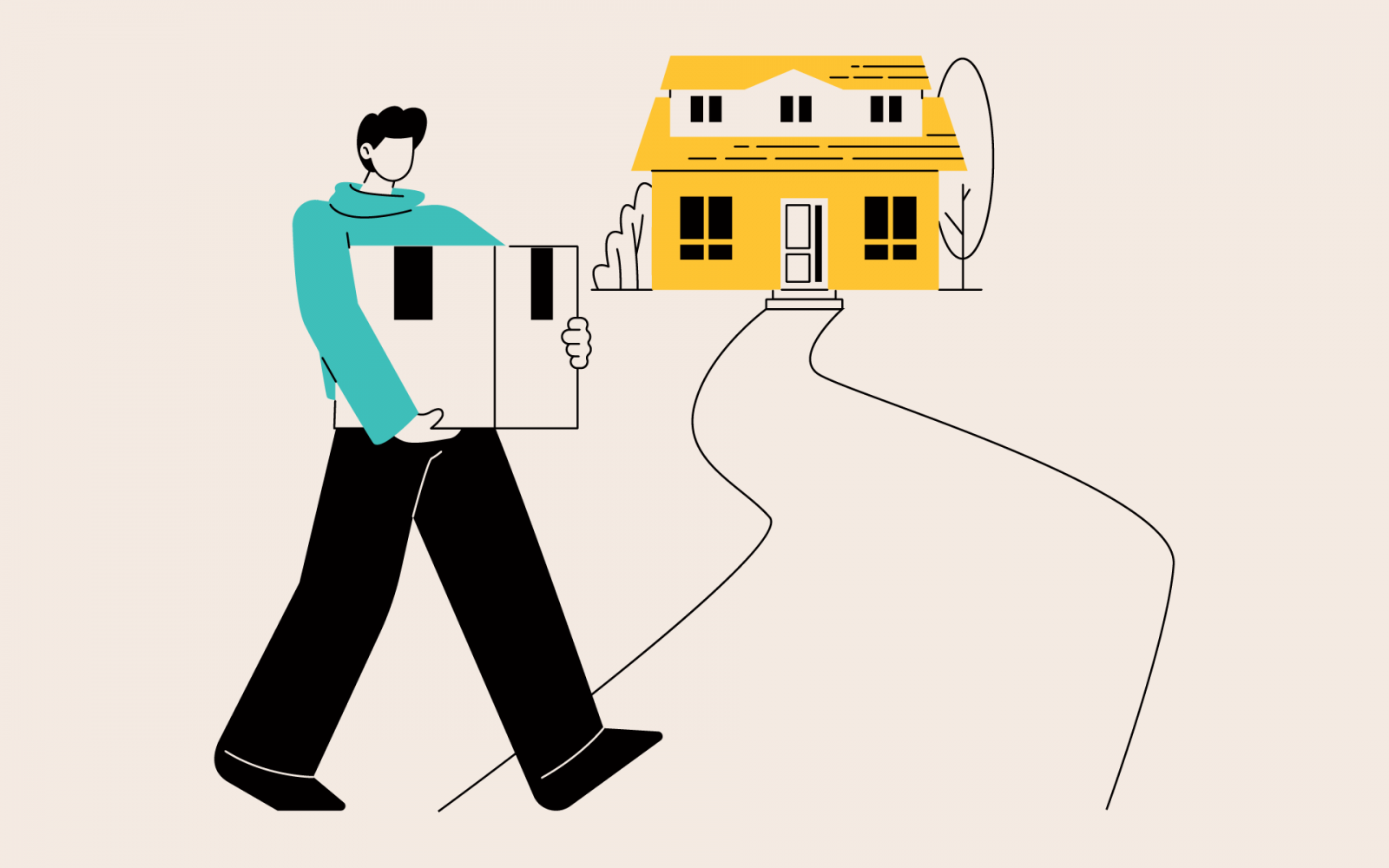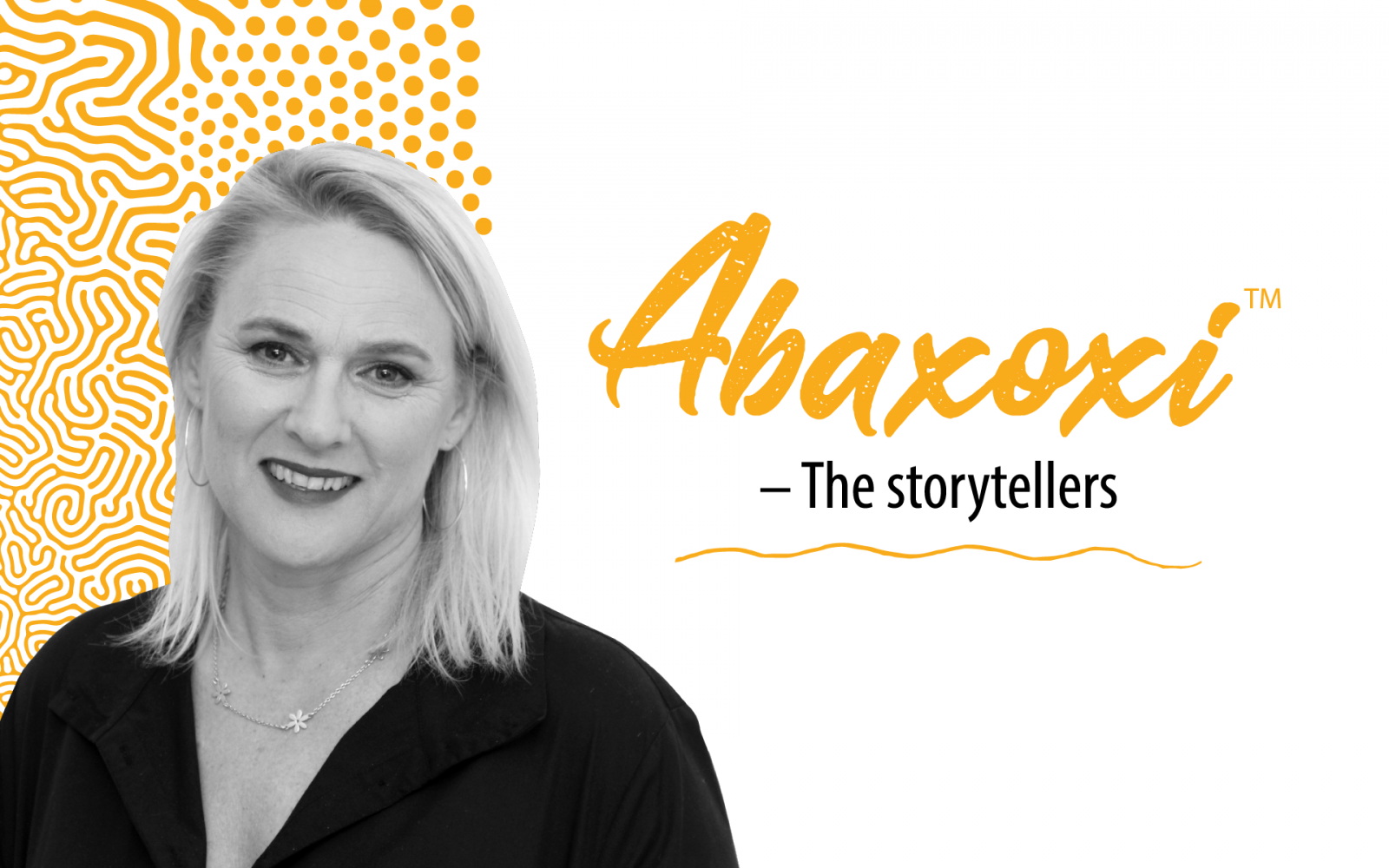Eddie Papier, the whaleboat crewman who became a custodian of the West Coast’s beauty

How a harvester of the ocean deep found a new life in nature.
How a harvester of the ocean deep found a new life in nature
The whaling boat was cruising on the wide-open waters, just north of Saldanha Bay, when the lookout spotted the tell-tale plume of vapour rising above the waves. “Up ahead!” he shouted, and the vessel gave chase, black smoke billowing from its funnels, as the gunner sprinted across the bridge and took hold of the heavy weapon on its swivelling base.
Inside the barrel was a long harpoon, with four hinged barbs, a rope fixed into its groove, and a charge of explosives stacked onto its head.
Gone were the days when the whalers would descend onto the water in their boats, lancing the leviathan with their crude harpoons in the hope of slowing it down.
Now, at the height of the modern whaling industry on the southern Atlantic coast, all it took was a steady hand, a sure eye, and a chain reaction of gunpowder detonating in the depths of its target. But still, for the crew on board the Cerrier 7, the task was gruelling.
For six hours, the boat pursued its quarry, until, close to Cape Point, the whale thrashed its last, and the fuming ocean turned red with its blood. It was a blue whale, the largest creature on the planet, and the last of its kind to be hunted in South African waters, before commercial whaling was banned.
The year was 1967, and Eddie Papier remembers that day as if it were yesterday. He was just 17, working as a kitchen hand on the boat, as it scouted for the highly-prized prey that would later be towed back to the Donkergat Whaling Station, on the western banks of the Langebaan lagoon.
Here, almost every part of the whale would be harvested for processing, into a range of everyday products as diverse as soap, lighting-fuel, fertiliser, margarine, shoe polish, toothbrush handles, car-wax, and perfume.
Eddie grew up on a farmhouse in Langebaan, in the days when it was a small fishing village, and there was only one direction for a young man looking for work. “To the sea, to the sea, to the sea,” he says, and that was where he would spend most of his life, toiling on factory ships and trawlers along the African coastline, all the way up to Spanish Sahara and the Canary Islands.
Then, in 1985, at the urging of his wife, Caroline, he cast his anchor to the shore. He sent a letter, penned in flowing cursive, to the headquarters of South African National Parks in Pretoria, telling the story of his youth in Langebaan, his work on the boats, his love and appreciation of the natural beauty of the West Coast. Within days, came the answer: “When can you start?”
Thus began the second act in the life of Eddie Papier, from harvester of the ocean deep to custodian of the land, caring for its rugged splendour as a field ranger in the West Coast National Park, and sharing its soul-stirring riches as an educator and tour guide.
His guests over the years included Sir Edmund Hillary, the Everest summiteer, and Prince Bernhard of the Netherlands, a founding member of the World Wildlife Fund.
For his dedication and service in the field, Eddie was honoured with a Kudu Award from SAN Parks, recognising his “selfless work to protect and educate South African citizenry about our natural assets”. But Eddie’s greatest reward has been the look on the faces of children who get to see the wonders of nature close-up.
“South Africa is a beautiful country,” he says. “We have everything here. Other people must travel from far and pay a lot of money to see what we have all around us. We must educate our children, so that they understand why we have to keep it that way. If we can’t get that right, then all of this will mean nothing.”
He worries, though, that conservation may have come to the West Coast too late, that it is already suffering from the effects of urbanisation, mining, over-fishing, and the subsequent decline in marine bird populations. Langebaan, the heartland of his childhood and now of his golden years — he retired from SAN Parks in 2012 — is no longer a small fishing village.
These days, it is a busy, fast-growing holiday resort town, much loved by kite-surfers, sailors, golfers, and gourmets. Donkergat, the whaling station, is now a military base, and all that is left of that once-thriving industry are the memories of days gone by.
He can still smell the blood that he used to wash off the decks, and the whiff of blubber and whale-oil that used to linger over Langebaan for days.
But when Eddie catches sight of that tell-tale spout, far in the Atlantic waters, he no longer thinks, as he used too, that the purpose of a whale is to serve our needs as consumers.
Its purpose, he now knows, is to remind us that we are part of nature too, and that it is our privilege and duty to be able to look after it for the generations yet come.
For more fascinating stories about the remarkable people and places of the West Coast, watch Weskubewoners, brought to you by BrightRock, on kykNET every Thursday at 21:00.




